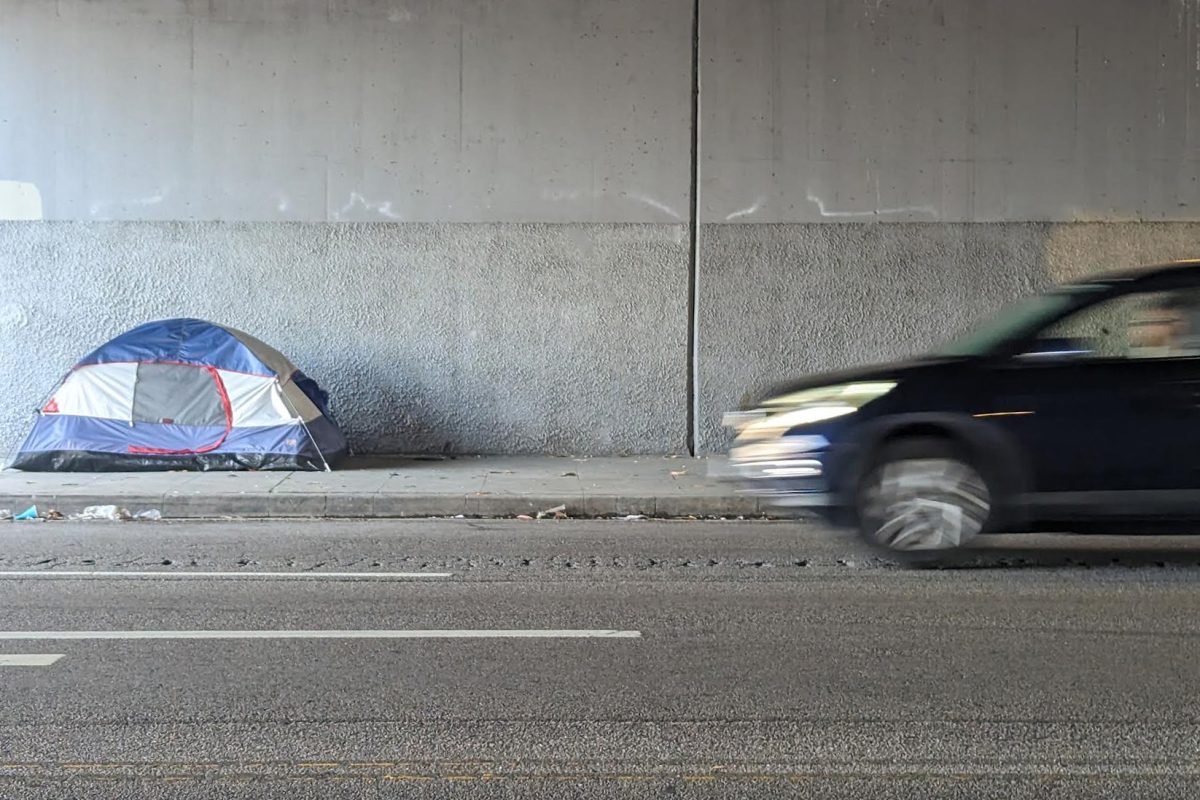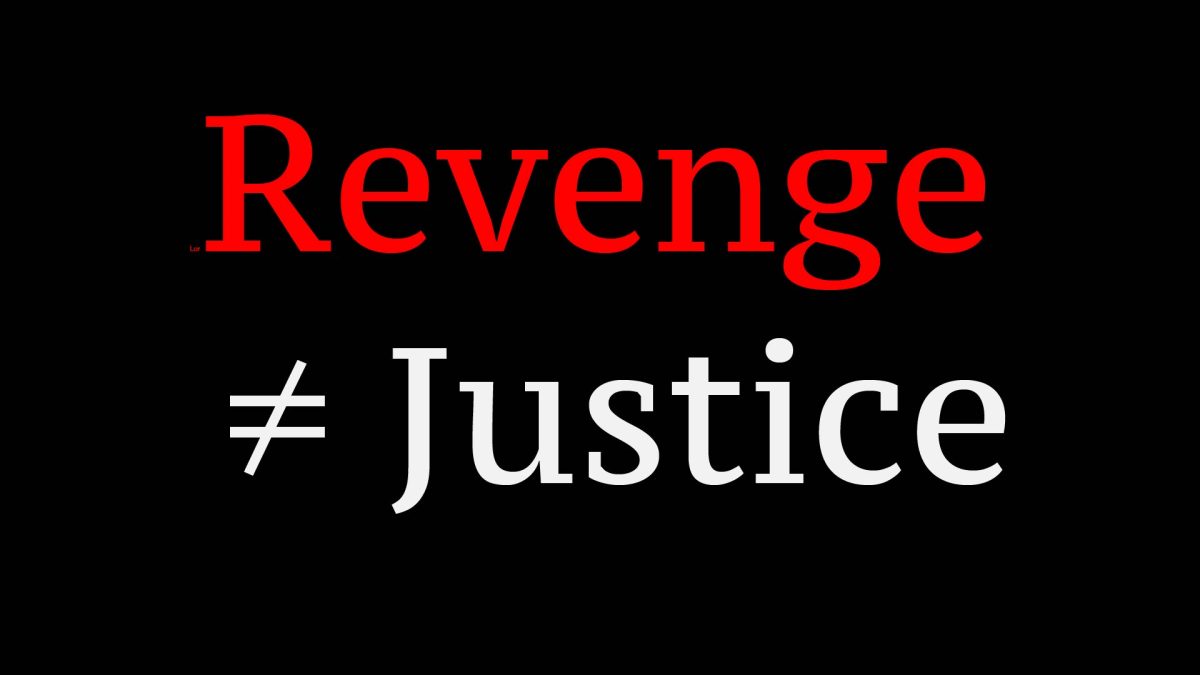Growing up in Los Angeles, the countless bus stops and bridges littered with homeless encampments have always been a heartbreaking part of the city that I call home. The blame for California’s homelessness crisis — the worst of all states in America — has constantly been thrown on the homeless individuals themselves. Substance abuse, mental health issues and financial instability are the most commonly cited reasons for how homeless people end up on the streets. While the gravity of these problems cannot be doubted, I propose adding one more reason to the list: the carelessness of federal and state governments.
The Los Angeles Homeless Services Authority annually counts the estimated homeless population in Los Angeles County and City. In the organization’s 2023 count, the data found 75,518 homeless individuals living in Los Angeles County — a 9% increase from 2022 — and 46,260 homeless individuals living in the city of Los Angeles — a 10% increase from 2022. Numerous counties in Southern California reported increases from 2022 larger than Los Angeles, such as Riverside, with a 12% increase, Kern and San Diego, both with 22% increases, and San Bernardino, with a 26% increase.
Although the increase in homelessness from 2022 to 2023 is less than increases between previous years, these numbers still reflect an alarming rise in the number of homeless individuals across the city. As the number of homeless people in Los Angeles and other cities continues to swell, it would be logical to assume California’s government would seek to solve and implement thorough measures to improve the problem.
This is not on their agenda.
According to an article by the Los Angeles Times, Cal ICH, a state council specifically created to oversee and supervise the implementation of homelessness programs failed to consistently track their spending and outcomes following a report covering progress from 2020-2021. The council received large amounts of funding from the state in recent years, and now, the program’s effectiveness is unknown.
Even though California spent over $24 billion to thwart the ongoing crisis, the capability nor the success of their attempts can be confirmed. Failures such as these highlight the irresponsibility of those in charge. Cal ICH’s insufficient data collection not only reflects poorly on the council but also highlights the incapability of higher-ups in the government to make adequate change.
However, California’s government is not the only state failing to properly address homelessness. Between July 2008 and April 2013, the Rawson-Neal Hospital, a state-run psychiatric hospital in Las Vegas, Nevada, discharged over 1,500 mental patients, sending them to a Greyhound bus station and buying one-way tickets off to various cities across the country alone, sometimes while heavily medicated. The bulk of these patients, more than 325 individuals, were sent to neighboring California. Following the arrival of these relocated patients, the hospital failed to provide any food, medication, housing or medical treatment.
As mentioned above, mental illness is one of the largest contributors to homelessness, and the role of psychiatric hospitals should be to help those struggling, to prevent them from ending up on the streets. By shipping away the very people the Rawson-Neal Hospital was supposed to care for, the Nevada government recklessly chose to dump homeless people on the streets of other states.
Nevada was not the first or last state to offer its people free one-way tickets without adequate housing plans or other forms of care. Numerous states have bused out their homeless or impoverished citizens, often in order to decrease their homeless populations without having to spend large amounts of money on actually solving the problem.
If states continue to bus out their homeless, then the federal government needs to play a bigger role by passing nationwide legislation. The moment a homeless person crosses a state line under the authority of another government, it should be considered a federal issue.
America’s national government needs to implement laws surrounding bussing. If homeless individuals want to travel across the country to reach a support system, such as family or a hospital, a thorough check needs to be conducted to guarantee that this support is viable and will benefit the individual.
On a statewide level, California needs to see the people behind the crisis, and understand they are not forgettable numbers, but individuals that need help. Homeless people are American citizens too, and do not deserve to be neglected as though their needs have less value. Funding needs to be properly regulated and work to relocate people from the streets should come from a place of passion with constant work towards improvement. In addition, programs targeting mental health, rehabilitation and financial aid should be more widely available for the formerly homeless to allow a smooth integration into society.
Above all, if California — and America at large — truly wants to solve the homelessness crisis, accountability seems like a good place to start.






















